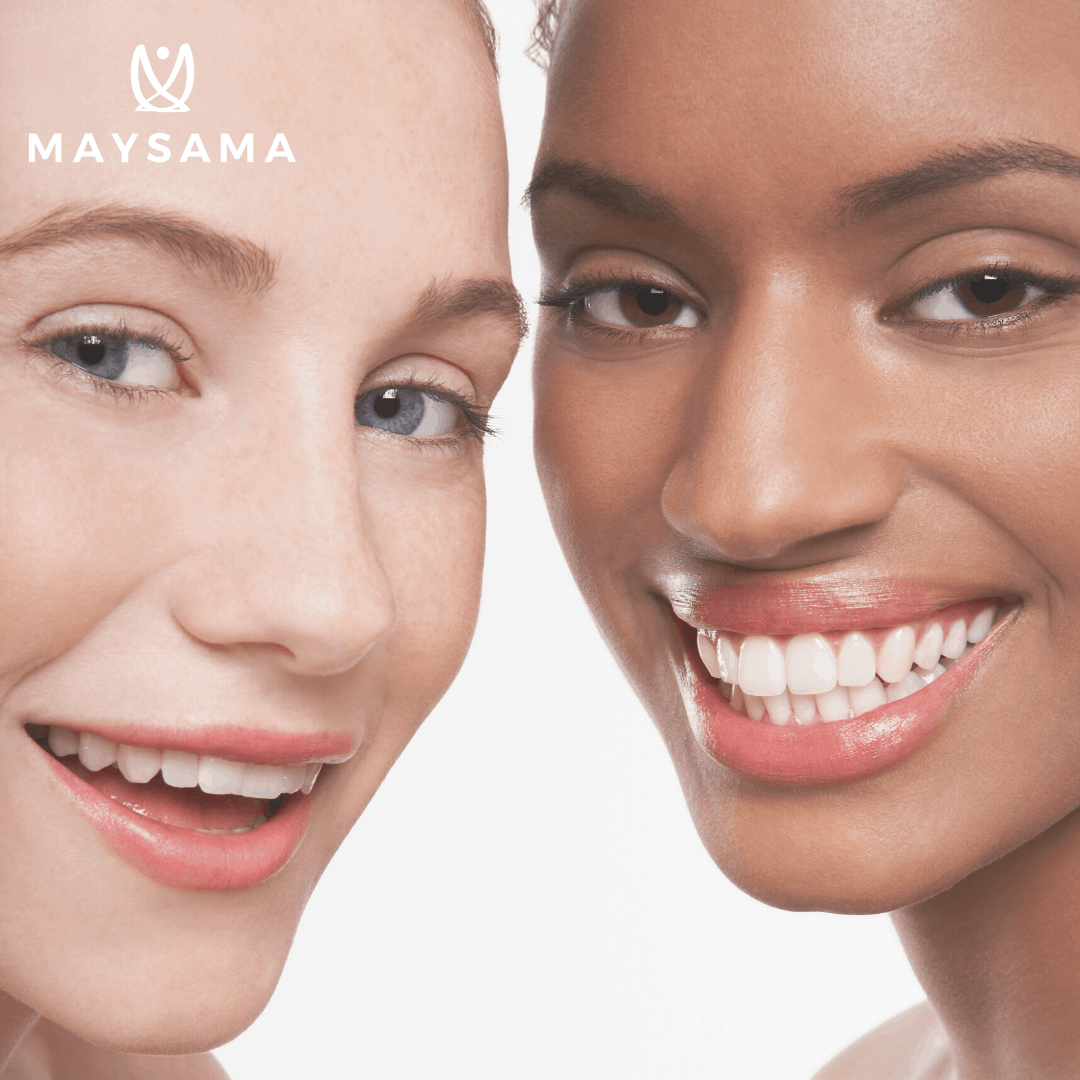
10 Anti-Ageing Actions of Green Rooibos
Share
There are plenty of anti-ageing ingredients in cosmetics, but some offer more than others when it comes to skin rejuvenation. The rooibos tea benefits for skin are ones that have been discussed for a very long time, but many are still unaware of what this plant offers.
The South African herbal tea, rooibos (Aspalathus linearis), also known as redbush, has been commercially produced since 2009, with the fermented (red) rooibos tea being hugely popular across the globe. In more recent years, the unfermented ‘green’ rooibos tea has gained in popularity due to its increased antioxidant potential.
Caffeine-free and low in tannins, rooibos offers a healthy alternative to the better-known Camellia sinensis, which originates from the southwestern region of China and is used to make most traditional caffeinated teas, including black tea, white tea, oolong tea, and green tea.
The health and healing benefits of rooibos are becoming increasingly recognised beyond its tea status, and rooibos is starting to appear in value-added products such as Kombucha, neutraceuticals and cosmetics, as well as green rooibos finding application as a phytopharmaceutical to help fight diabetes.
Whilst rooibos has been used in skincare, until now, beauty brands have largely relied on its reputation for healing, rather than specific data relating to skin health.
In 2019, however, MAYSAMA, a UK skincare brand, through a research collaboration with the Nelson Mandela Institute in South Africa, demonstrated that their hero API green rooibos extract is in fact a true bioactive ingredient for cosmetic application.
MAYSAMA’s studies demonstrated beyond doubt that their green rooibos extract has good bioavailability and serves as a potent antioxidant to fight environmental stressors. Here, MAYSAMA gather the evidence that, aside from its healing properties, rooibos is a cosmetic ingredient worthy of inclusion in any anti-ageing armoury.
Ten reasons to include Green Rooibos in your Anti-Aging Skincare Routine.
1. Potent Antioxidant

Rooibos contains flavonoids, the main group of polyphenols, which act as antioxidants, fighting free radicals. Rooibos is considered unique due to the presence of aspalathin and nothofagin (in green rooibos) or aspalalinin (red rooibos), which are exclusive to this herb. Nothogagin, orientin and isoorientin also contribute substantially to the free radical scavenging capacity of rooibos.
Green rooibos has more antioxidant benefits than the more popular oxidised (red) rooibos, because the fermentation process does not destroy the flavonoids. This is one of the reasons why it’s important to start talking about rooibos tea benefits for skin and overall health.
2. Anti-inflammatory

Oxidative stress can induce inflammation, which in turn contributes to the ageing process. The main flavonoids in green rooibos, aspalathin and nothofagin, have anti-inflammatory properties and help to treat skin conditions such as eczema, acne and rosacea.
3. Rich in AHA & Zinc

Rooibos provides a rich natural source of alpha hydroxy acids (AHA) and zinc, known for their anti-ageing properties.
AHA helps to exfoliate your skin and aids ‘desquamation’ – the natural process in which skin cells in the epidermis are created, sloughed away and replaced. This helps remove dead skin cells and makes way for the generation of new skin cells.
As we age, our natural skin cell cycle slows down, which can make dead skin cells build up. This can make our skin look dull and even block pores, leading to breakouts.
Zinc plays an essential role in skin health. It is vital for cell growth, protein synthesis, including collagen formation, for wound healing and is a vital antioxidant.
4. Weakens Protein Glycation

Protein glycation is a mechanism whereby proteins bind with sugar molecules to form Advanced Glycation End Products, also ironically known as A.G.E. AGE products are associated with oxidative stress and inflammation. They can bind with cell surface receptors or cross-link with body proteins to alter their structure and function.
Glycated collagen can lead to inflammation and destroy a functional collagen matrix, contributing to an aged skin appearance. Rooibos has been shown to weaken protein glycation, serving an anti-ageing function. As you can see, green rooibos tea benefits for skin are truly undeniable.
5. Fat Protection

Loss of fat tissue in the face can lead to sunken eyes, fine lines and wrinkles and skin folds. Recent studies show that rooibos protects and repairs preadipocytess (fat stem cells), the predominant cells in adipose (fat) tissue, helping to maintain skin fullness and contributing to a more youthful appearance.
6. Reduces Lipid Peroxidation

Lipid peroxidation is the degradation of lipids, which occurs under conditions of oxidative stress. It is the process in which free radicals "steal" electrons from the lipids in cell membranes. Repeated cycles of lipid peroxidation can cause serious damage to cell membranes.
While human studies are yet to be completed, preliminary pieces of research, such as one completed in 2019, clearly show that rooibos tea protects against oxidative stress and its harmful effects.
7. Reduces Protein Degradation

One of the reasons behind so many rooibos tea benefits for skin and hair is due to how this tea reacts with proteins.
Proteins, responsible for most biological functions in cells, are one of the prime targets for oxidative damage and protein degradation increases under conditions of stress.
Reactive Oxygen Species, including the superoxide radical, hydrogen peroxide and nitric oxide, make proteins more susceptible to breakdown into their amino acid constituents by proteolytic enzymes.
Prolonged treatment with rooibos has been shown to restore proteins destroyed by protein degradation, adding to its anti-ageing potential.
8. Regulates Glutathione Metabolism

The antioxidant, glutathione, is the most abundant antioxidant in the body and is an important component for the cellular defence system. Oxidative stress and cellular injury however can significantly reduce the level of glutathione in the body.
Two enzymes largely govern levels of glutathione: glutathione reductase, an enzyme responsible for recycling of glutathione, and glutathione peroxidase, an antioxidant enzyme which is dependent on glutathione for its action.
Prolonged oxidative stress increases the activity of glutathione reductase and reduces the action of glutathione peroxidase, which concomitantly reduces the level of glutathione available to cells. The stimulatory and inhibitory effects on these enzymes, induced by oxidative stress, are reversed by continued treatment with rooibos.
9. Modulates Enzymatic Antioxidant System

Several enzymes are involved in cellular protection against oxidative stress, including Superoxide dismutase and catalase, as well as the enzymes that control glutathione metabolism.
Superoxide dismutase is one of the body’s most potent antioxidant enzymes. It helps breakdown the dangerous superoxide radical into hydrogen peroxide and molecular oxygen. Catalase then breaks down the harmful hydrogen peroxide, to water and oxygen.
Chronic oxidative stress decreases the activities of Superoxide dismutase and Catalase. Treatment with Rooibos tea weakens the chronic stress-induced inhibitory effects on these enzymes, re-informcing its anti-ageing capacity.
10. Oestrogenic Action

Green Rooibos contains a total of 187 polyphenolic compounds, 25 of which are phytoestrogens. This means that they exhibit a similar structure to the hormone oestrogen and can bind with oestrogen receptors. During menopause, lower levels of oestrogen contribute to skin thinning, sagging and wrinkling. The application of phytoestrogens is one strategy that has helped to maintain skin laxity from a loss of collagen and elastin.
So, together with the well-documented healing aspects of rooibos, rooibos tea benefits for skin should also be discussed. This tea serves as a potent antioxidant and powerful anti-aging ingredient for cosmetic application, something our company is proud to have been working on.
MAYSAMA Green Rooibos Pressed Serum is formulated with 1.3% Green Rooibos Extract as an Active Pharmaceutical Ingredient, including niacinamide at 3% for skin barrier protection, glycerine for hydration and a host of skin-conditioning ingredients, MAYSAMA Green Rooibos Pressed Serum packs a punch for skin-rejuvenation and anti-ageing.




